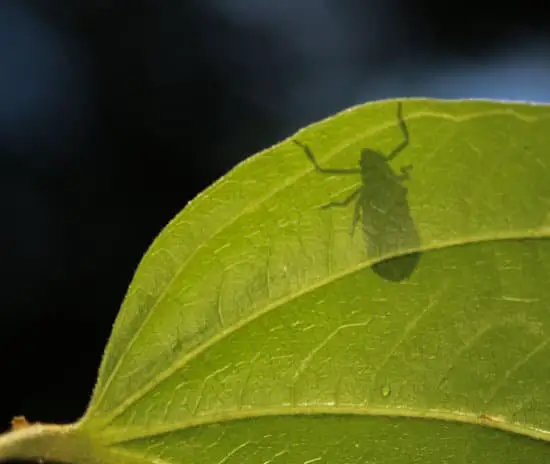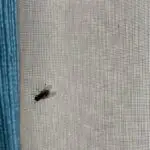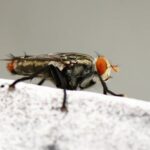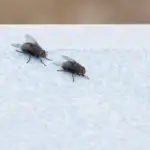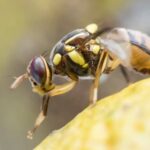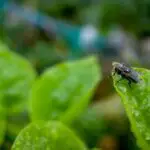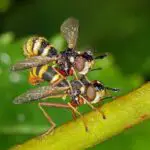When Flies Land on Food What Happens?
If you’ve ever seen a fly land on your food, you know how scary that can be. While it’s common sense that flies shouldn’t land on your food, it is still unnerving to see a swarm of wriggling bodies on top of your food. Flies have adapted to living in nearly every region of the world, and while their quick landing on your food isn’t a cause for alarm, the fact that they’ve landed on your food is still something to be concerned about.
Most species of flies have no teeth and cannot chew solid food. Their mouthparts are similar to those of a straw, and their digestive juices liquefy the food they consume. Some species are strictly on a liquid diet, regurgitating it as vomit bubbles, while others have the ability to digest solid foods.
Flies can carry diseases and pathogens, and their contact with food can cause the spread of these diseases. However, flies in first world countries are unlikely to carry serious diseases. In these situations, cleaning your kitchen can help reduce the risk of a disease transmission. But be careful – there are ways to minimize the risk of flies landing on your food.
Flies are notorious scavengers. They feed on garbage and rotting corpses. They also spend their days in stagnant water and can pick up bacteria from the surroundings. Their feces and urine can easily stick to your food. This could be harmful for you, so make sure to wash your hands thoroughly and avoid eating anything touched by the fly.
